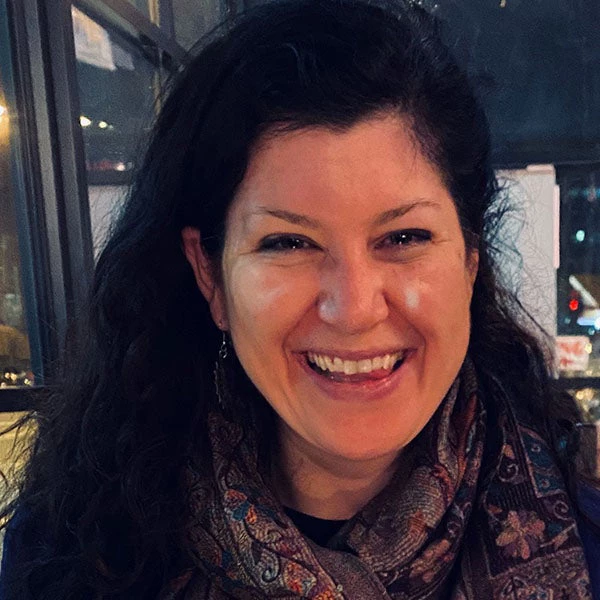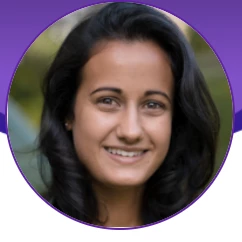
Governments across the globe recognize that quality early childhood interventions are critical to helping young children reach their potential and are the foundation for human capital. Quality Early Childhood Education (ECE), specifically, can reduce repetition and drop-out rates, increase school retention and help children develop the breadth of cognitive and socioemotional skills they need to succeed in school and in life.
The COVID-19 pandemic is bringing new challenges to countries as they try to expand access to quality early learning opportunities for young children in schools and at home. It also presents an opportunity for Governments to strengthen their ECE systems, making cross-country exchanges and tailored learning opportunities for policymakers highly valuable.
Engaging Policymakers in Early Childhood Program
The World Bank launched this multi-year effort to engage with a group of countries to strengthen policymaker capacity, promote South-South learning and generate positive peer pressure to yield more and better ECE investments at the country level.
The program is designed to help countries:
- Identify needs and generate options to address constraints
- Learn with leading experts how to apply strategies to improve ECE quality and access; and
- Share and problem-solve with peers dealing with similar challenges across the globe, building a network of policymakers committed to early childhood.
The program’s first cohort launched in April 2021 with over 100 policymakers and World Bank staff from 15 countries across five regions. While country delegations include high-level ministry officials, the primary audience of the program are the technical staff or managers responsible for ECE who are engaged in the day-to-day issues of early learning, including directors of Pre-primary Education, heads of teacher training institutes, directors of curriculum, and technical officers responsible for ECE.
The program’s content is demand-driven, designed according to priority topics and goals countries have raised during cohort consultations. The approach includes regular feedback loops with policymakers and World Bank staff at the country level to improve program delivery and expand program topics. So far, policymakers have engaged in bespoke courses and workshops on topics which include building effective early learning systems, learning through play, measuring child development and quality early learning. Each activity includes opportunities to engage with specialists, reflect as a country team and across countries, and develop recommendations on how to apply content to one’s context. As a result of the partnerships that have been made in the program, members from two country delegations, El Salvador and Turkey, met in January for a face-to-face exchange to discuss lessons learned and common challenges facing their respective ECE systems.
The Measuring Early Childhood Education Quality course delivered in October 2021 explored strategies for why and how measuring quality of ECE can lead to improved outcomes. Participants engaged in interactive, live sessions with experts such as Nirmala Rao from the University of Hong Kong, who explained the importance of measuring the quality of ECE and how benefits of attending a high-quality ECE program can lead to lifelong equity and social welfare outcomes. The course also introduced tools for how to measure classroom quality, in particular Teach ECE, the World Bank’s free, open-source classroom observation tool designed to measure ECE process quality at scale.
As part of the course, each country team developed and presented a blog about their efforts to define and measure quality ECE, including lessons learned. Outstanding blogs from Liberia, Morocco, North Macedonia, Senegal and South Africa discuss the issues of generating new nationally relevant data through measuring early learning quality and outcomes, implementing Teach ECE, establishing a nationally comprehensive child assessment and classroom observation tool and the development of a quality assurance system to accompany a shift in access to quality.





Join the Conversation